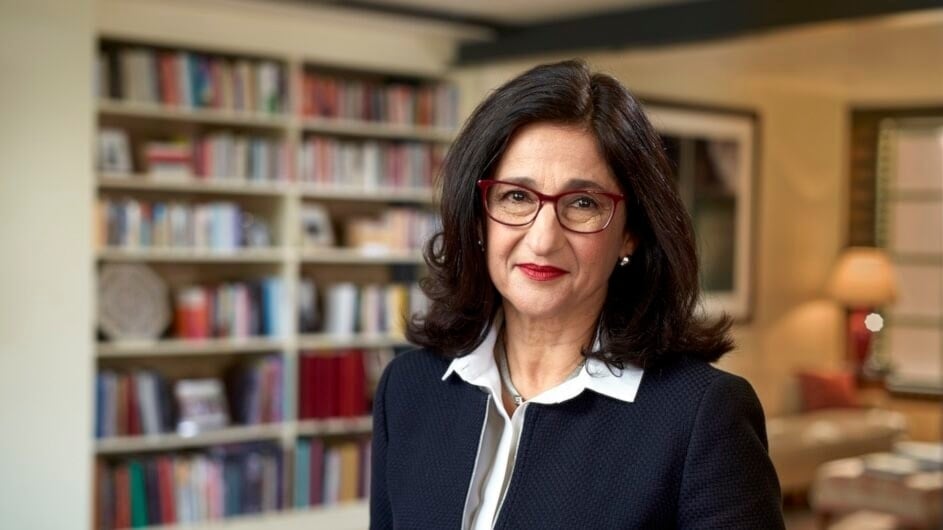Columbia U president steps down months after Gaza campus protests
Minouche Shafik has been the target of backlash for her decision to involve police authorities against students protesting the Israeli genocide in Gaza, leading to her resignation.
-

Columbia University President Minouche Shafik in an undated photo (X/Columbia)
Columbia University President Minouche Shafik is stepping down following months of campus unrest and anti-genocide protests amid "Israel's" onslaught in Gaza, as revealed in a letter she sent to the Columbia community, which was obtained by CNN and confirmed by a university spokesperson.
Shafik, an Egyptian-born economist and former top official at the World Bank, International Monetary Fund, and Bank of England, as well as the ex-president of the London School of Economics, has faced criticism over her response to campus protests regarding the conflict.
In her letter on Wednesday, Shafik acknowledged the progress made during her tenure but noted that it has "also been a period of turmoil where it has been difficult to overcome divergent views across our community."
As the campus situation took a "considerable toll" on her, her family, and the Columbia community, Shafik decided the best course of action would be her resignation.
"I have tried to navigate a path that upholds academic principles and treats everyone with fairness and compassion. It has been distressing—for the community, for me as president, and on a personal level—to find myself, colleagues, and students the subject of threats and abuse," she added.
Minouche Shafik has officially stepped down as president of Columbia University. pic.twitter.com/7GdtP3J10w
— maryam مريم🇵🇸🍁 (@bluepashminas) August 15, 2024
In May, faculty members of Columbia University's School of Arts and Sciences passed a motion of "no confidence" against President Minouche Shafik on Thursday over her response to the student protesters demanding an end to the bloodshed in Gaza.
Of the 709 faculty members who participated in the vote, 65% supported the no-confidence motion. The motion was put forward by faculty members on the board of Columbia’s chapter of the American Association of University Professors. According to The Washington Post, 29% voted against the motion, while 6% abstained.
The faculty's dissatisfaction is over Shafik’s decision to involve the New York Police Department (NYPD) in dismantling a pro-Palestine protest encampment on university grounds through violent means without prior consultation with the university senate.
Panel against suppression of protests
The president of Columbia University faced increased pressure in late April as a campus oversight committee strongly condemned her administration's actions in suppressing a pro-Palestine demonstration in the school.
Universities across the United States have witnessed in the past few weeks a historic surge in student protests in support of Palestine and Gaza, calling for ending all agreements with "Israel" and divesting from the occupation entity. Students also demanded an end to the US support to "Israel" and involvement in the genocidal war.
Shafik had issued an ultimatum to student protesters: either negotiate an agreement with the administration to disband the encampment or the school would pursue alternative measures to dismantle it. However, the demonstrators remained steadfast in their demands, with new supporters swelling their ranks.
The Columbia University Senate passed a resolution stating that Shafik's administration had eroded academic freedom and disregarded the privacy and due process rights of students and faculty members by involving the police and terminating the protest.
"The decision... has raised serious concerns about the administration's respect for shared governance and transparency in the university decision-making process," it said.
The Senate, predominantly comprising faculty members and other staff with a minority representation of students, refrained from explicitly mentioning Shafik in its resolution and opted for a less severe tone than a censure. The president, also a member of the Senate, did not attend.

 4 Min Read
4 Min Read








